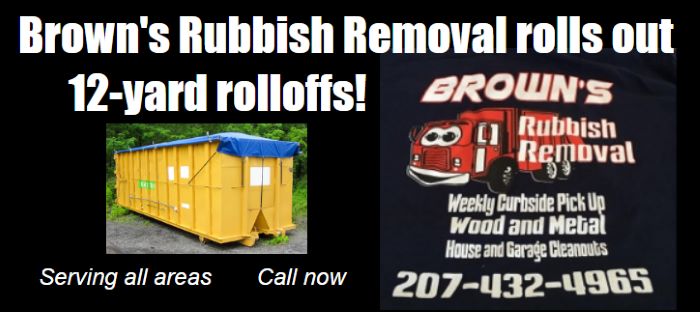CONCORD - The Attorney Generals Office is urging real estate owners to be diligent amid reports of quit claim deed fraud in New Hampshire.
Deed fraud occurs when scammers forge documents in order to facilitate a fraudulent transfer of ownership in real property without the owner's knowledge. Oftentimes, this scam will be perpetrated by forging a fraudulent quit claim deed that purports to transfer ownership in real property to someone other than the owner, according to a statement from AG John M. Formella sent Sunday. The scammers will then attempt to record the forged documentation with the register of deeds in the county where the real estate is located.
If successful in recording the fraudulent deed, scammers can cause significant harm by selling the property, taking out a mortgage on the property, or renting the property for profit, before the real owner even knows what happened.
Deed fraud can affect anyone, but scammers tend to target vacant lots, property without liens, and property owned by people living out of state. Scammers use fake identification and take advantage of remote closings, where parties to a real estate transaction never physically meet in person.
Quit claim deed fraud can have devastating consequences for unsuspecting real estate owners. While it is not possible to prevent every case of deed fraud, real estate owners should consider taking the following actions to minimize their risk:
- Set up a Google Alert for your property address, so you can see when someone posts something on the internet about your property (https://www.google.com/alerts).
- Regularly monitor real estate marketplace websites like Zillow, Redfin, and Realtor.com to see if your property is listed for sale.
- Search for your property address on social medal platforms such as Facebook to see if there are any posts about the property.
- Periodically visit your property or ask trusted neighbors to report any unusual activity on or around your property.
- Contact your title insurance professional to discuss whether insurance is available to cover losses associated with deed fraud.
If your real estate has been sold without your knowledge, you will want to find out as soon as possible so you can seek legal advice to determine your next steps. To that end, you should consider:
- Regularly monitoring your property records online. Each county has its own register of deeds website allowing you to search for property records using the name of the property owner. These websites can be found at https://www.nhdeeds.org/, except for Carroll County, which can be found at https://www.carrollcountynhdeeds.gov/.
- Subscribing to property fraud alerts that will notify you every time a document is recorded in the register of deeds under the name(s) you have specified. Most New Hampshire counties offer free fraud alert services through https://www.propertyfraudalert.com/. Information about subscribing to fraud alerts can be found on each county's register of deeds website.
- Taking note if you stop receiving water or tax bills on the property, which indicates that the bills are being sent elsewhere.
If you have been the victim of quit claim deed fraud and would like to report it or if you have questions, please contact the Attorney General's Consumer Protection Hotline at 1-888-468-4454. For more information about the Attorney General's Consumer Protection Bureau: https://www.doj.nh.gov/citizens/consumer-protection-antitrust-bureau.














